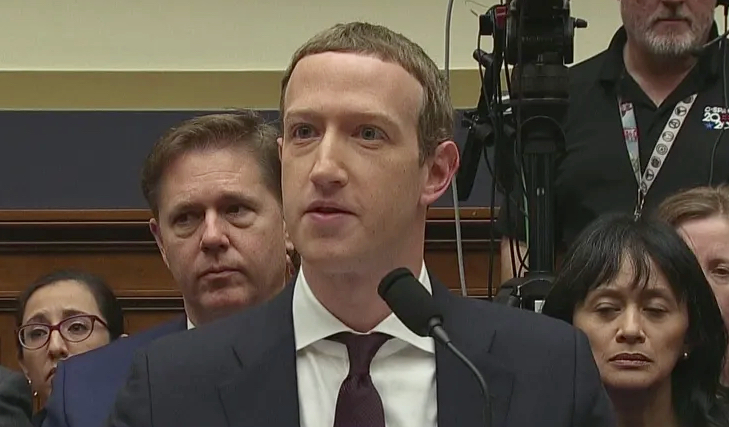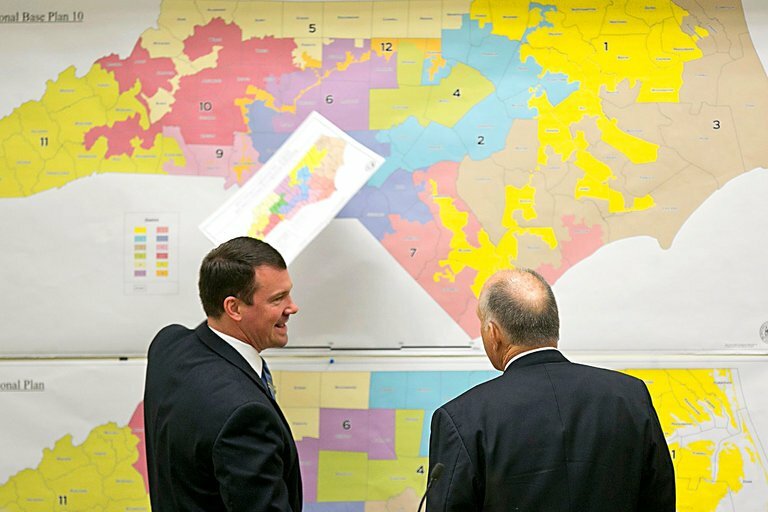I wrote on January 20 about a new effort by progressives to influence election administration in North Carolina and elsewhere.
The threat of progressives controlling election administration has not diminished, however. The [Center for Tech and Civic Life (CTCL)] launched the U.S. Alliance for Election Excellence in 2022 to create “a set of common values and standards” of elections. The Alliance announced that ten jurisdictions comprise the initial cohort of their program, including Brunswick and Forsyth counties in North Carolina.
Documents revealed through public records requests by the Honest Elections Project (HEP) and reviewed by HEP and Locke indicate that the CTCL actually designed the Alliance to “systematically influence every aspect of election administration in target offices and push progressive voting policies.”
The Alliance’s model is to provide “scholarships” to members that they can redeem for services from the Alliance. Those services include training, legal and political advice, and public-relations guidance. In return, members must give the Alliance information on their inner workings and devise an “improvement plan” with the Alliance to alter how they operate. Members must also provide in-kind contributions, at taxpayer expense, to the Alliance in the form of helping it develop its programming.
In a welcome development, three of the Alliance’s ten initial targets said they would not accept Alliance funding. That includes Brunswick and Forsyth counties in North Carolina.
However, according to a report at Real Clear Investigations, both county boards are still working with the Alliance.
Forsyth County:
“By participating in this program and becoming a member of Alliance, we have to pay money to continue to be part of it,” said Tim Tsujii, director of elections at the Forsyth County, N.C., Board of Elections. “We will pay an annual membership fee to be accredited by this alliance. There is all this talk about the money going to elections offices and the counties, but what about the money going from the counties to the alliance?”
Tsujii, a member of the CTCL advisory board, supports the alliance, but says his jurisdiction will not take any money from it, since it has enough financial resources to run effective elections. The office also didn’t take any money in 2020, Tsujii noted.
He joined the alliance to share approaches and practices to conducting elections, rather than seeking a grant, and “we were upfront about not getting any grant money.”
Brunswick County:
Another alliance member, Republican-tilting Brunswick County, N.C., signed on to be part of the alliance but will not take any grant money. But as part of its alliance membership, Elections Director Sara LeVere said in an email, she is attending an in-person convening of members, the first of which is scheduled to be in Chicago this week.
“I plan to ask for reimbursement from the Alliance for travel costs (flight, hotel, etc.),” LeVere said, adding, “I currently do not have plans to take in any direct funding that would not be offsetting an expense we have for participation.”
A bill to ban private funding of election boards has been introduced in the General Assembly. Gov. Roy Cooper vetoed a similar bill in 2021.
Even if the new bill survives a veto, it will not regulate the private, nonmonetary relationships between election boards and the Alliance. The General Assembly and commissioners in those two counties should exercise strict oversight of those relationships.


